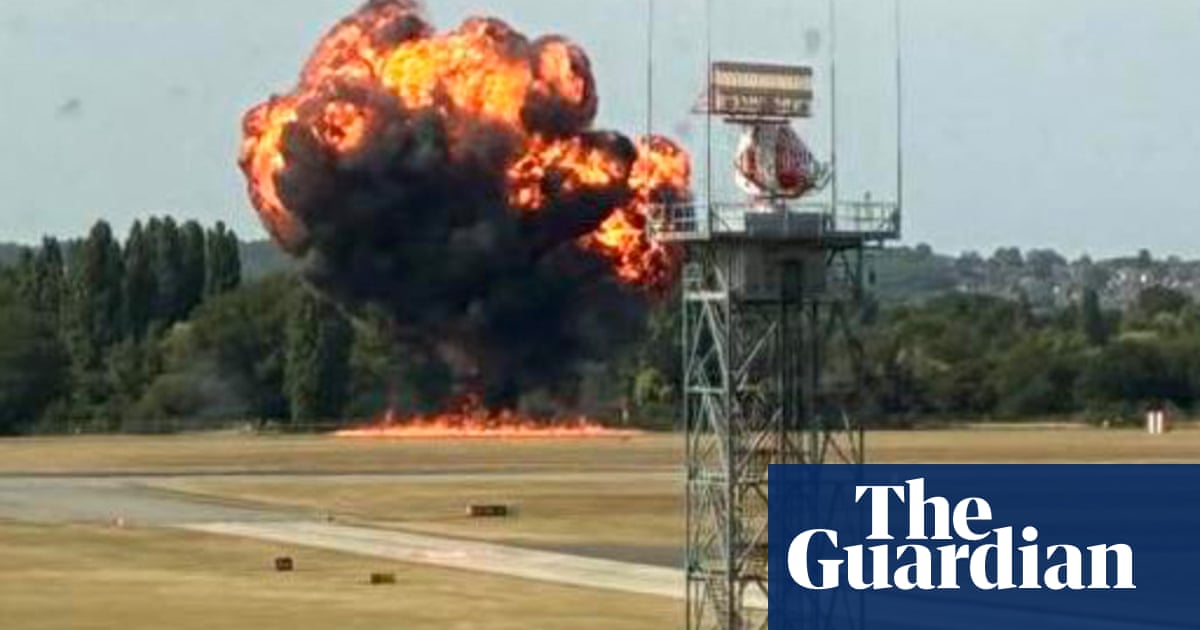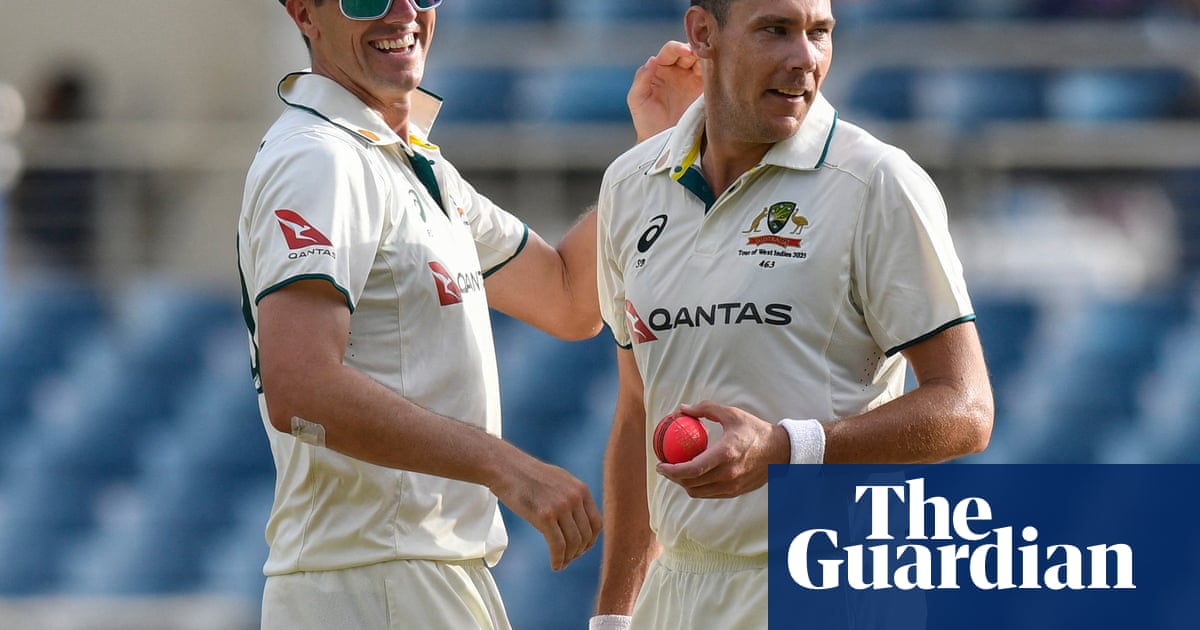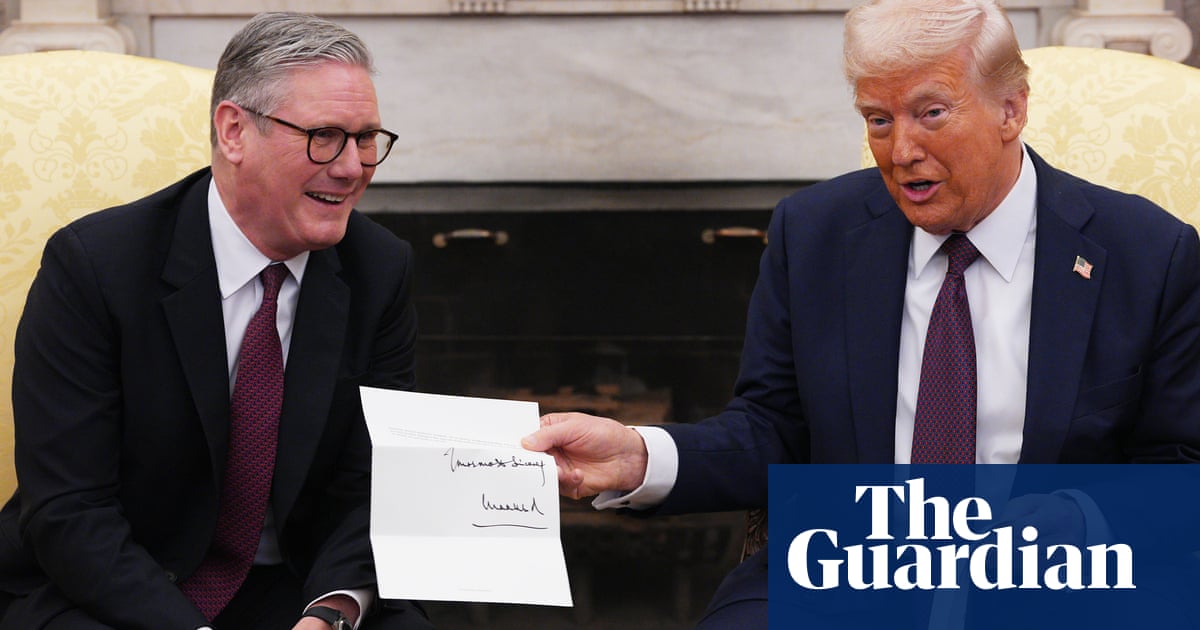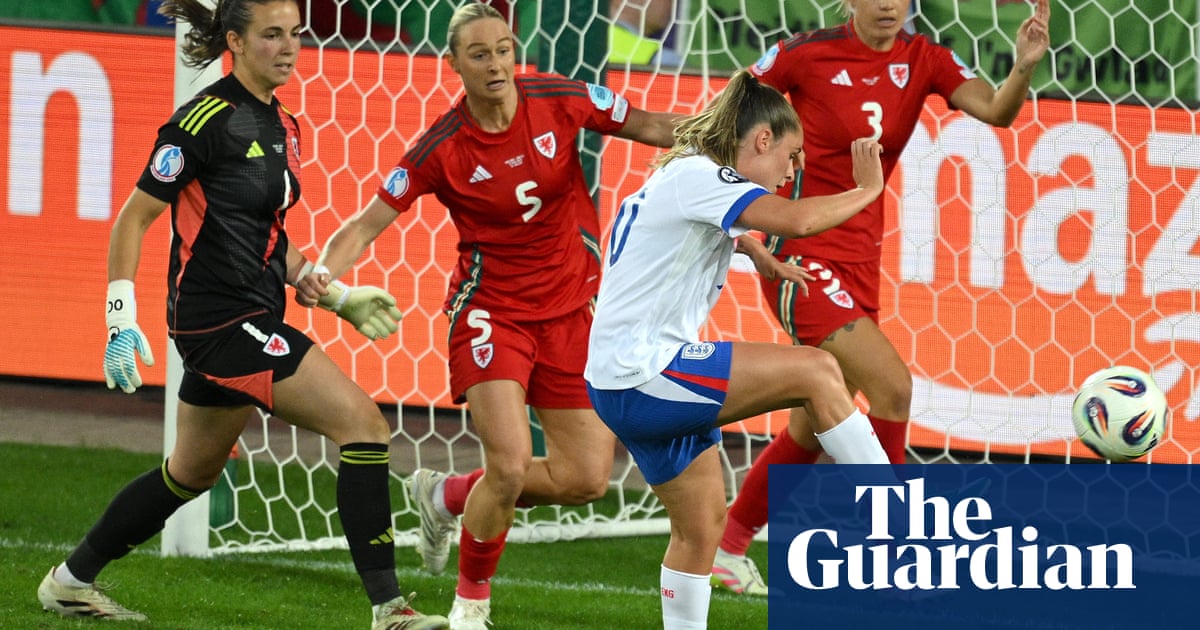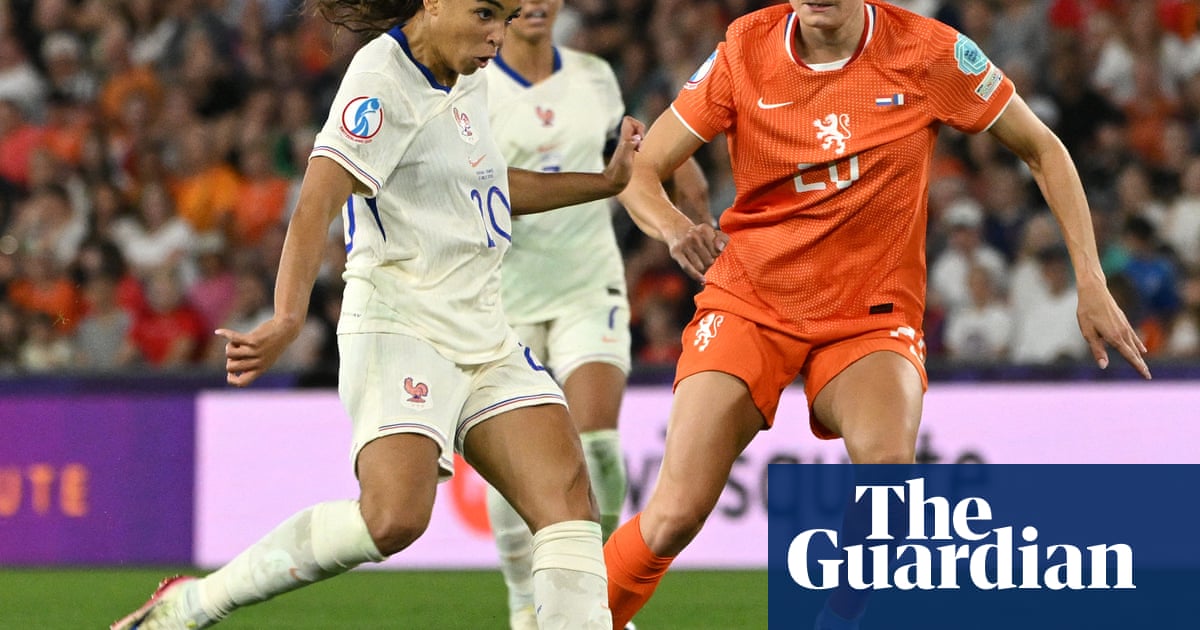The global players’ union, Fifpro, has secured a significant victory in its battle to protect top stars against injury and burnout, with Fifa agreeing to the principle of introducing mandatory rest periods.
After talks in New York on Saturday, on the eve of the Club World Cup final, involving the Fifa president, Gianni Infantino, and senior Fifpro officials, the world governing body released a statement saying both parties had reached a consensus on the need for a 72-hour gap between games during the season, as well as a three-week period of rest during the summer. Fifa’s launch of the expanded 32-team Club World Cup has led to fresh concerns being raised about player welfare, with Fifpro and the Professional Footballers’ Association filing a lawsuit with the EU last year accusing Fifa of abusing its dominant position by expanding the fixture calendar without consultation.
On the eve of the tournament in the United States, Fifpro issued a list of demands for 12 new safeguards for player-wellbeing, including a mandatory four-week post-season break, mid-season breaks and workload limits for academy players under the age of 18. Amid the high temperatures which have been a feature of the Club World Cup, Fifpro’s medical director, Dr Vincent Gouttebarge, called for half-time breaks to be extended to 20 minutes. Fifpro has yet to comment after Saturday’s meetings but is understood to regard Fifa’s acknowledgment of the need for mandatory rest periods as a significant first step.
A Fifa statement said: “The meeting addressed key issues concerning player health [men and women], a top priority given that it forms part of the occupational risk prevention framework established by the International Labour Organization (ILO). Fifa and the player unions reviewed upcoming joint projects involving the world’s football governing body and players’ representative organisations, with a specific focus on player rest and recovery, as well as competitions within the context of the international match calendar [IMC].
“There is a consensus that there must be at least 72 hours of rest between matches, and that players should have a rest period/holiday of at least 21 days at the end of each season. This period should be managed individually by each club and the respective players depending on their match calendars, and taking into account applicable collective agreements.
“Furthermore, a rest day per week should also be planned, whilst being managed pragmatically. In addition, it was discussed that player travel – especially long-haul intercontinental trips – and the climatic conditions under which matches are played, should be considered when defining policies for the upcoming IMC.”
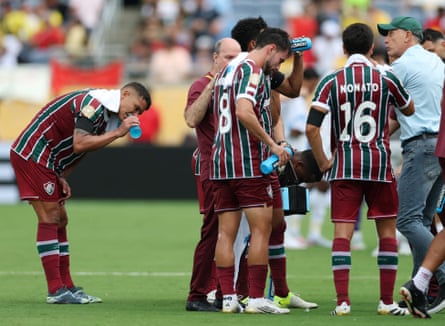
While Fifa’s statement conceded the need to strike a balance between club and international competitions, it also made clear that they will not back down from the principle of creating more global events. “Regarding competitions, Fifa and the player unions agreed on the importance of striking the right balance between national team football and club football on the one hand, and between domestic, continental and global club competitions on the other hand.
“It is important to create opportunities for players from all over the world to compete in top competitions as this boosts global football development. Additionally, offering more playing opportunities to players who are not at the highest international level was also identified as a priority.”
Fifpro is waiting to discover whether the EU will pursue its legal claims as a test case but has been encouraged by the European court of justice’s ruling on the European Super League last year, which noted that Uefa should be wary of abusing its historical dominance by claiming to have a monopoly over organising competitions.

 13 hours ago
6
13 hours ago
6







